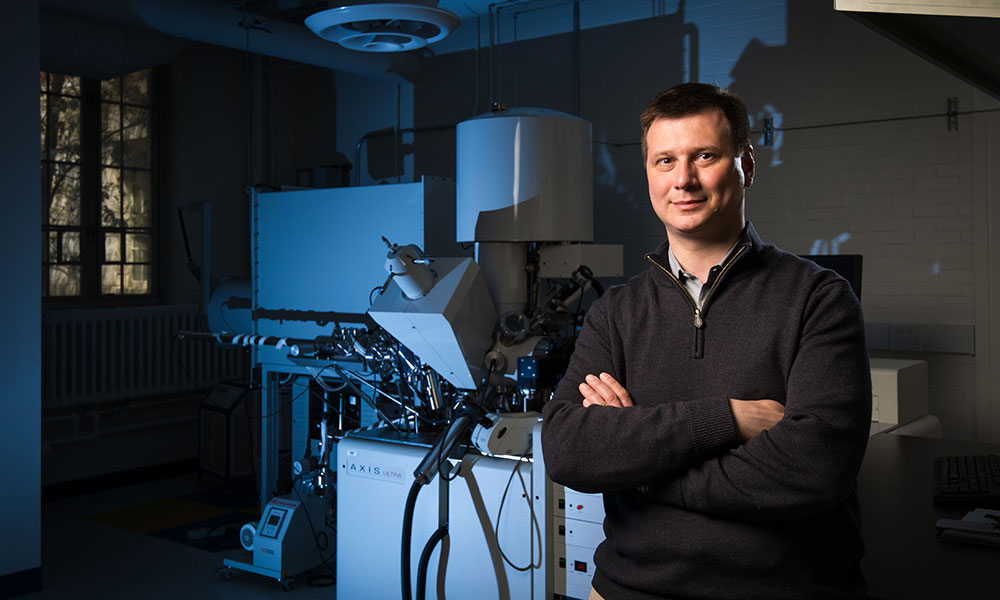
Progress made in developing nanoscale electronics
How can you reliably control the current that flows from one electrode to another in a circuit that is the width of a single molecule? The key, according to assistant professor of chemical engineering Alexander Shestopalov, is adding a second, inert layer of molecules.
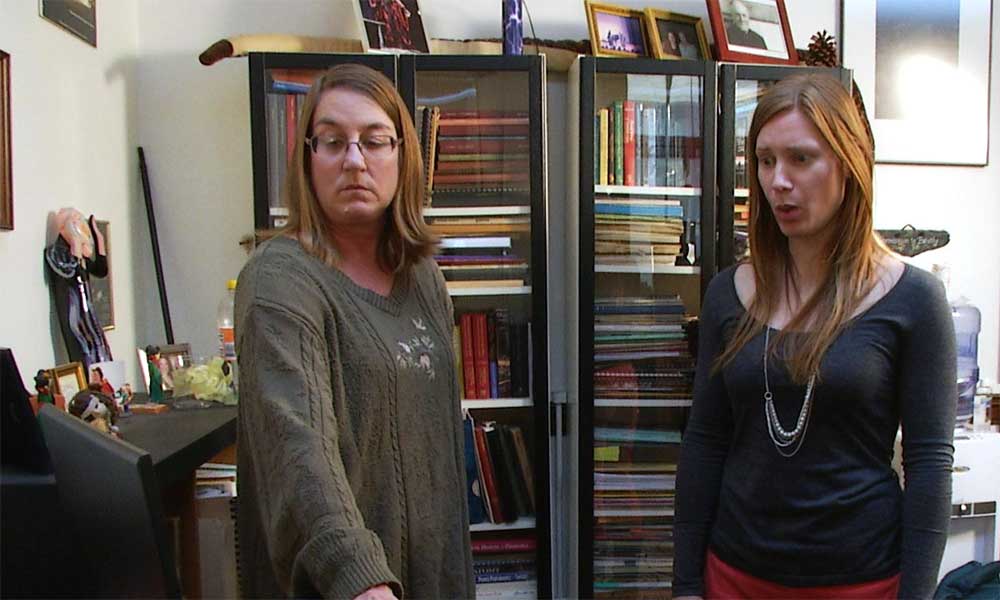
CompSci students help singers voice their vowels
Voice students who want to perfect their vowel vocalizations can get help from a new simple, free application, developed by a group of computer science students, called “Vowel Shapes.”
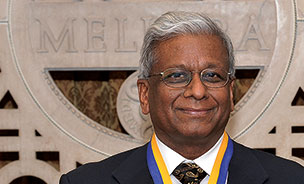
Inaugural Optics Professorship Recipient Named
Professor Govind Agrawal, a world leader in optical communications, is the first recipient of the Dr. James C. Wyant Professorship in Optics.
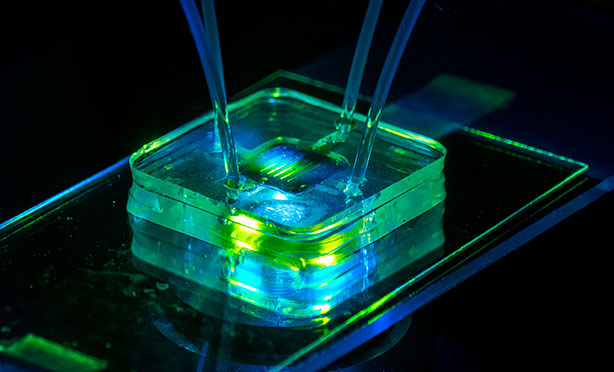
Super-thin membranes portend tiny pumps
A super-thin silicon membrane could pave the way for diagnostic devices the size of a credit card.
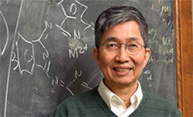
Ching Tang Honored as Pioneer of Organic Electronics
The a professor of chemical engineering is being honored on two continents within the next week for his pioneering work on organic light-emitting diodes (OLEDs).

Tracking Tweets to Enhance Food Safety
The system combines machine-learning and crowdsourcing techniques to analyze millions of tweets to find people reporting food poisoning symptoms following a restaurant visit.
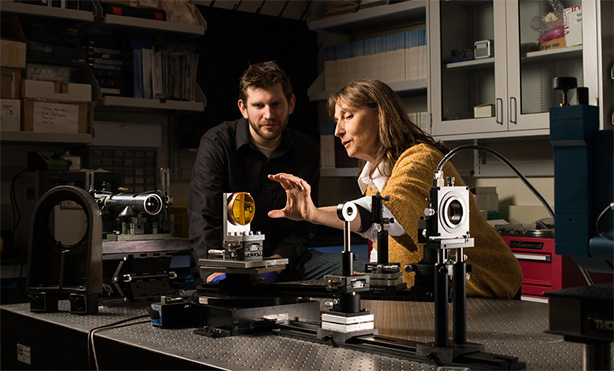
New Partnership Advances Freeform Optics
Freeform optics could transform 21st century optical science, allowing for a wider range of shapes for lenses and mirrors, which in turn may revolutionize mobile displays, LED lighting, remote sensing devices and astronomical instrumentation.
Friedman Honored in Beijing
Eby Friedman, Distinguished Professor of Electrical and Computer Engineering, was honored for a career of consistent, exceptional, and original technical contributions in circuits and electrical systems.

New Optical Lenses, Now Even Better
Researchers have applied a sophisticated imaging technique to obtain the first 3D, high-resolution pictures of a recently developed type of optical lenses.

Student Team Wins an International da Vinci Award
The five engineering students developed the MonoMano Cycling Control System, which enables riders to steer, brake, and shift gears on a recumbent tricycle with one hand.
